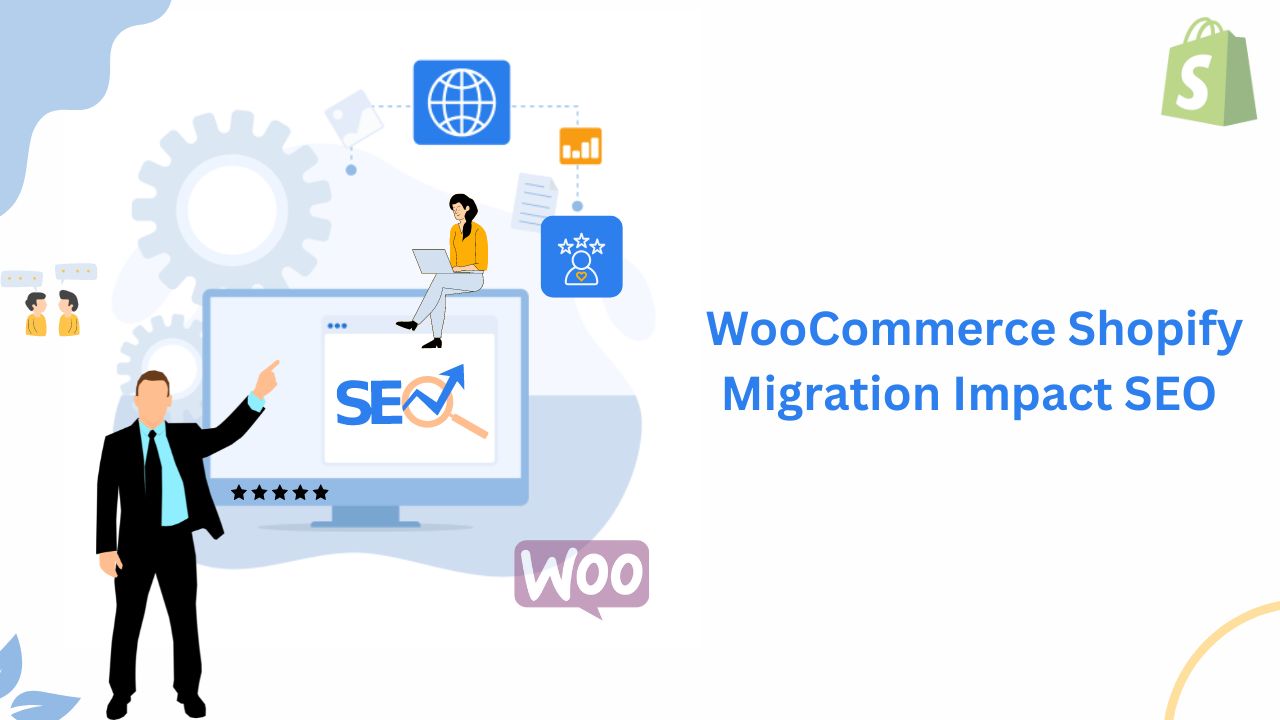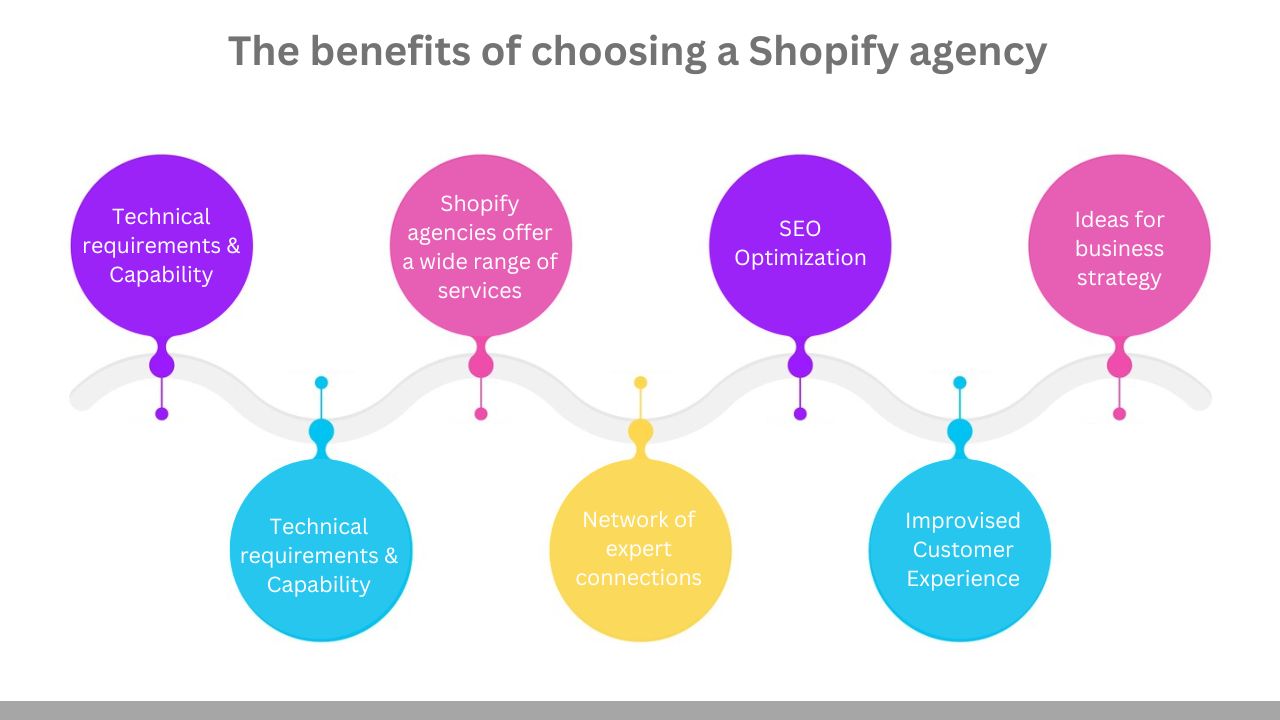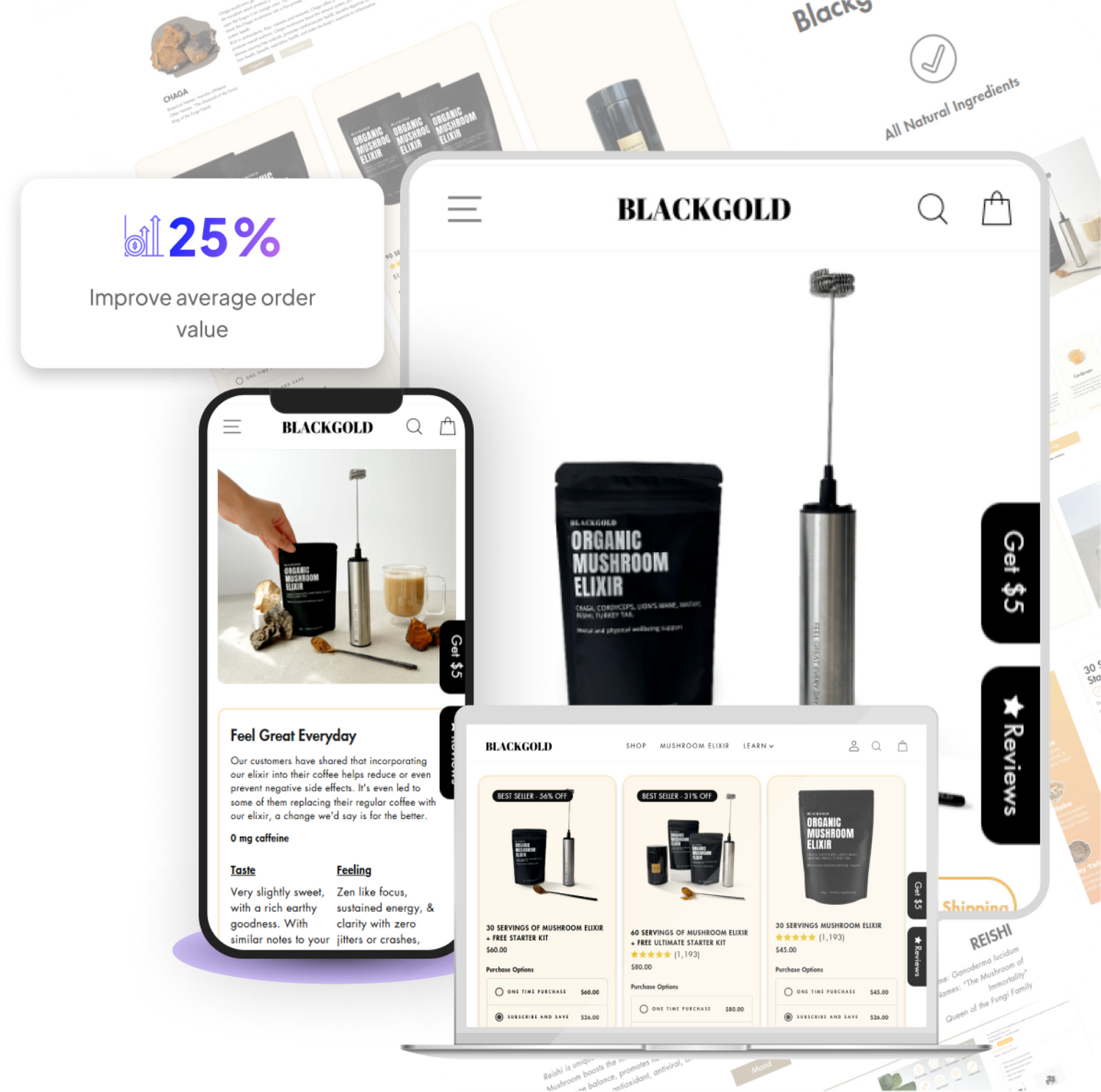Shopify SEO:
Shopify is renowned for its outstanding SEO capabilities, specifically for online stores. It comes with a range of built-in features to simplify the technical aspect of search engine optimization and make it simple for shoppers to make their websites more optimized for search engines.
The SEO features of Shopify are powerful and user-friendly, which makes it an ideal option for businesses selling eCommerce that want to optimize their websites to be search engine friendly. However, those that require greater SEO customization or blogging capabilities might find Shopify's limitations to be restrictive.
WordPress SEO:
WordPress SEO plays a crucial role in optimizing websites for search engines, particularly Google. It entails a variety of methods that help search engines comprehend a website's structure and content, making it more accessible and visible to people searching for specific subjects online.
To increase the search engine ranking, WordPress SEO involves technical optimization techniques, such as optimizing images by using schema markup and ensuring performance and security.
WordPress has SEO-friendly features like automated XML sitemaps, custom meta tags and title descriptions, and mobile optimization.
With plugins like Yoast SEO, WordPress provides a plethora of customisation options to help users optimize the structure, content, and performance of their websites for search engines.
WordPress SEO emphasizes the importance of quality, well-structured information that search engines can easily comprehend and index. Arranging content effectively involves utilizing tags, categories, and internal linking.
There are a variety of tips and guides for WordPress SEO that cover subjects like choosing a suitable theme using SEO plugins and optimizing categories and comments.
There are numerous complete resources available for WordPress SEO, including guides, tutorials, and expert tips from experts in the field that can assist users in improving their SEO as well as overall performance.
When you are comparing Shopify and WordPress to build an online shop, the best option will depend on your requirements. Shopify is the best choice for creating and running an online store, providing an out-of-the-box platform with built-in features such as security and fraud protection.
It provides e-commerce-focused companies with tools for discounts, gift cards, and fraud analysis.
However, on the other hand, WordPress, known for its CMS, is a better choice for bloggers and those who require extensive customization options.
For beginners, Shopify is an excellent option because of its user-friendliness and support for customers. In addition, WordPress offers greater flexibility and sophistication for those who have technical expertise and customization requirements.
WordPress allows for unlimited customization; however, it requires more significant effort and Technical skills compared to Shopify.. We recommend Shopify to businesses looking for a simple store design and setup. If you're looking for greater flexibility and control over your store's design and function, WordPress is the ideal choice.
Both platforms have SEO features. Both platforms offer SEO features, with WordPress providing more in-depth SEO plugins to optimize.
According to the results of a search, there are a few essential distinctions between Shopify and WordPress in terms of SEO:

Shopify is SEO-friendly right from the beginning. It automatically creates XML sitemaps and permits the customization of title descriptions and meta tags. It also has built-in mobile optimization.
This simplifies the process of optimizing an online store for search engines, making it more accessible for beginners.
WordPress, on its own, gives greater freedom and control over SEO. It allows for greater customization and optimization with plugins like Yoast SEO. This provides WordPress users greater control over the SEO of individual blog posts and pages.
Performance-wise, Shopify is generally faster than WordPress because of its more straightforward design.
However, WordPress's flexibility allows for more sophisticated SEO customization, potentially outperforming Shopify's speed advantages.
For those who require substantial SEO customization and a lower-cost pricing structure, WordPress is more suitable. In addition, Shopify serves e-commerce businesses that value speed and ease of use.
Overall, both platforms provide strong SEO capabilities. However, the choice is contingent on the specific requirements and technical skills of the site's owner.
Shopify vs. WordPress SEO: An Overview
We are living in the age of CMS. Creating your website doesn't require extensive coding knowledge. With a content management system (CMS), you can launch your website in a matter of minutes.
The ease of use provided by CMS systems has boosted their popularity. In 2011, hand-coding comprised about 76% of the websites. The figure has slowed down to 36% today due to the availability of flexible CMSs like WordPress and Shopify.
However, the wide range of CMSs has introduced an additional challenge. Deciding on the best CMSs for your particular website and needs for managing content has become a difficult task. In this Shopify vs. WordPress SEO review, I will delve into the specifics of each CMS. Learn more about Shopify and. Discover the advantages and disadvantages of each CMS from an SEO perspective, including WordPress.
Summary:
Which is more superior, Shopify or WordPress? There isn't a clear answer to this question. In fact, this debate has been going on for a while, and there isn't a definitive answer. Both Shopify and WordPress have distinct advantages. Additionally, both Shopify and WordPress have some shortcomings from an SEO perspective. The choice of platform is purely based on the technical proficiency you require, as well as other aspects.
If you are looking for an easy-to-use platform with minimal customization, then consider Shopify. It would be advantageous if you were to consider working with WordPress to get a higher level of flexibility and accessibility. You make the decision.
When it comes to the Shopify vs. WordPress battle, the choice is ultimately based on your individual needs and preferences. If you're looking to find a user-friendly all-in-one eCommerce solution that's simple to establish, Shopify is a strong competitor.
It's currently the best ecommerce platform. This is a complete analysis of the benefits and disadvantages of its competitors. WordPress is an excellent option if you want to start without worrying about figuring out every aspect. On the other hand, if you're searching for a different kind of flexibility and personalization and are comfortable with having your hands sweaty with configurations, WordPress can provide you with solid control of your site.

























